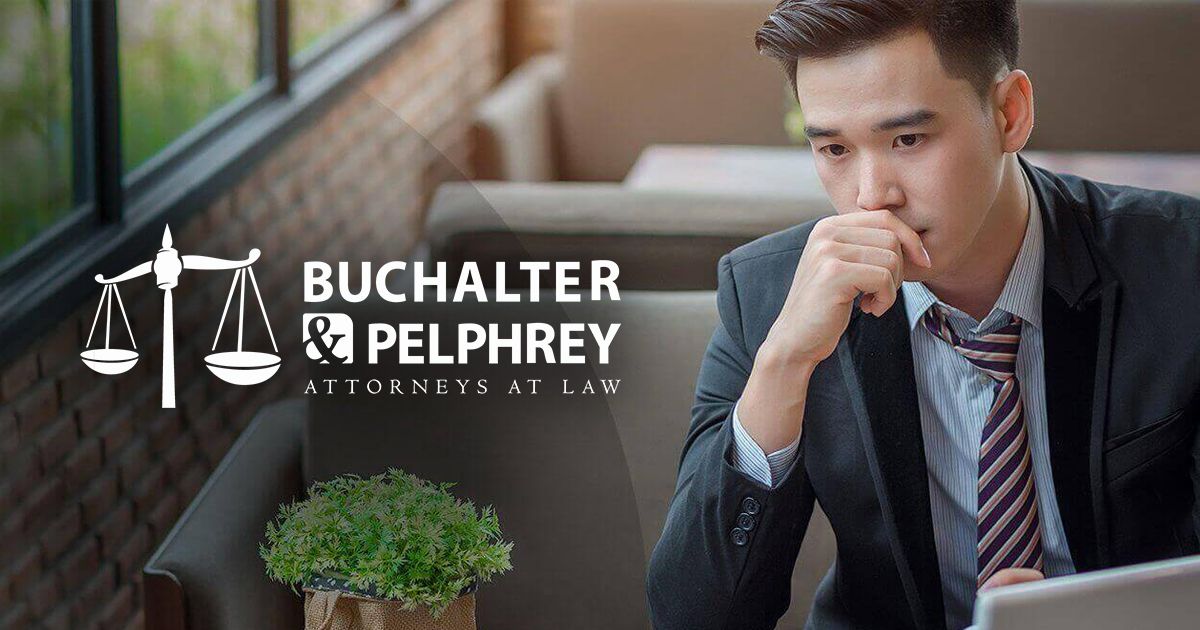One of the biggest anxieties around bankruptcy is the worry over losing everything. When we think of bankruptcy, we tend to imagine ourselves as the guy wearing only socks and a barrel. The good news is bankruptcy is far less severe than we envision. You can keep some of your property, and in some cases, you can keep all of it.
The two most common types of bankruptcy are Chapter 7 and Chapter 13. In this blog we will be discussing these types of bankruptcy in their simplest forms. There are a myriad of ways that you can file for bankruptcy, so keep in mind that there are more opportunities to keep your property, even within these two methods.
Chapter 7 Bankruptcy
Chapter 7 is generally considered to be for those with less means. The income of someone filing for Chapter 7 must be low enough that it justifies wiping out their debt to get them back to zero. It is often referred to as “liquidation” bankruptcy because any non-exempt property is sold by the court appointed trustee. The money that is made from those sales goes to your creditors.
Chapter 7 is designed to absolve you of your general, unsecured debt. “Unsecured” debt is money that you were given without collateral. “Secured” debt is money you were given when you borrowed money against property. For example, most credit cards are unsecured debt. The company gives you a certain amount of money to borrow, and all they want is for you to pay it back with interest. Refinancing a house or a car is considered secured debt. You borrowed money against the car or home, so the debt is “secured” by that property.
In order to qualify for Chapter 7 bankruptcy, you must pass the means test. The test uses a complicated, shifting formula. In simplest terms, it looks at your household size and income compared to the mean average of others in Florida. From there, it factors in what you owe creditors, what your payments are, whether or not you can keep up with those payments, etc.
At its most straightforward, Chapter 7 will wipe out all of your unsecured debt, putting you back to zero and giving you a fresh start. To determine whether the court will require any of your property to be sold, depends on whether the property is considered exempt or non-exempt. If the property is determined to be exempt, it means that it can’t be taken away from you in a bankruptcy. Those exemptions get pretty complicated.
Florida has some of the best homestead exemptions in the United States. There are very few circumstances in which your Florida homestead property would not be considered exempt, when filing for bankruptcy. A good lawyer will help you navigate these rules and understand how to keep your house.
Keeping your car operates in a different manner. If you have equity in the car which is not considered exempt, it may be subject to sale by the trustee. If you have less equity in the car, you’re more likely to be able to keep it. Don’t let those facts scare you away from filing for Chapter 7, however. Lawyers who work with bankruptcy law know the ins and outs, and they may be able to help you keep your car.
Chapter 13 Bankruptcy
Chapter 13 is designed for people who have more money and may have the chance to pay back some, or all, of what they owe. Eligible people must have unsecured debt less than $383,175. Secured debt must be less than $1,149,525. Chapter 13 helps keep you afloat and keep creditors from harassing you while you get yourself back to zero.
After you file for Chapter 13, the courts will appoint a trustee to overlook your case. Along with your attorney, they will, as representatives of the court, come up with a repayment plan. The plan will usually take around three to five years to finish.
Since you are paying back some, or all, of your creditors, it is a lot easier to be able to keep all your property. An experienced attorney can explain the ins and outs of how the process works.
Exempt Property in Both Categories
In both Chapter 7 and Chapter 13, you can keep personal property valued up to $1,000. If you don’t have any real estate, you can add another $4,000 in assets from there. This personal property can be anything you own – jewelry, electronics, books, prized baseball card collections, etc. Up to $1,000 of equity in your vehicle is protected, and $2,000 is protected if you are filing joint bankruptcy with your spouse.
Lawyers Can Help You Keep More of Your Property
Just a reminder, don’t let anything you’ve read here scare you. This information represents the most basic forms of bankruptcy in the context of Chapter 7 and Chapter 13. Bankruptcy laws are complicated. There are always exceptions within exceptions and rules within rules. To try to explain all the intricacies within a single blog would turn that blog into a book. It may seem like using Chapter 7 will inevitably cause you to lose all your assets, but that isn’t necessarily the case.
It’s been said a few times already, but it’s true: A skilled, experienced lawyer can work within the legal structure to help you keep more of your property. Among our clients, you can find many examples of people who thought they were going to lose everything. Instead, they wound up walking away debt free, with most, if not all, of their property at home where it belongs.
If you need to file for a bankruptcy, reach out for a free consultation. Don’t try to navigate this process alone. Our number is (321) 320-6088, and you can contact us online.


